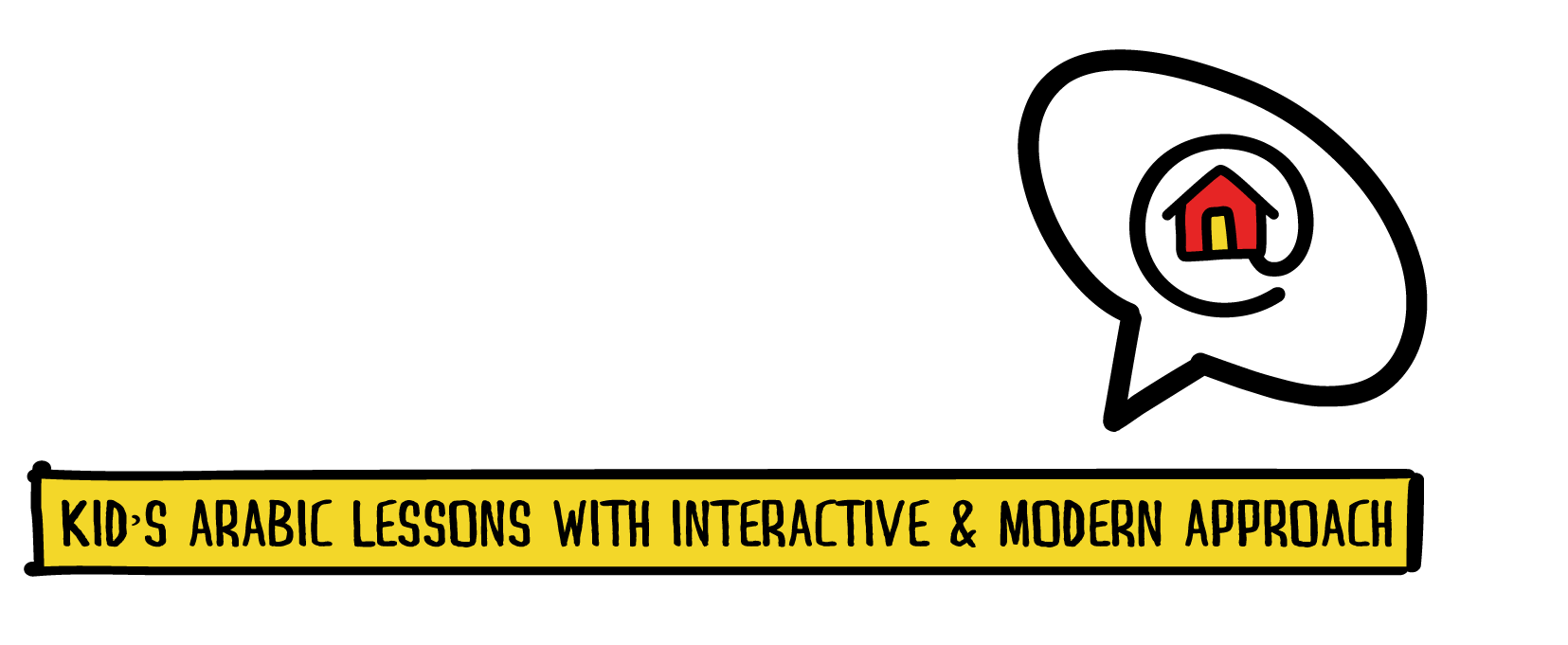Growing Up with Arabic: How Early Language Learning Shapes Cultural Identity
Language is much more than just a tool for communication; it’s a window into the world, a key that unlocks understanding, and an essential component of our identity. When it comes to learning a language, the earlier children are exposed to it, the more deeply it influences their cognitive development, emotional connections, and sense of self. For children learning Arabic, the language becomes a vital bridge to their cultural heritage, traditions, and identity.
The Cognitive Benefits of Early Language Learning
The process of learning a language is an intricate one that impacts the brain’s development. When children are introduced to a second language early in life, like the Arabic language, it becomes a central part of their cognitive and emotional growth. Research consistently shows that early exposure to Arabic lessons, as with any second language, provides substantial cognitive benefits. Bilingual skills develop stronger multitasking abilities, enhanced problem-solving skills, and an improved ability to retain and recall information.
Arabic’s unique structure offers particular benefits to young learners. The language’s complexity lies in its rich vocabulary, intricate verb patterns, and roots-based system. These components not only challenge young minds but also help develop creativity and critical thinking. By learning Arabic, children are forced to engage with new ways of thinking, which in turn enhances their cognitive flexibility. This cognitive flexibility extends to other areas of their life, including better memory retention and an improved ability to analyze situations from multiple perspectives.
Arabic also offers a distinct approach to reading and writing, which can enhance spatial awareness and visual processing abilities. Unlike many languages that are written from left to right, Arabic is written from right to left, which encourages children to think differently about written words and their formation. The script itself, with its flowing letters and intricate calligraphy, serves as a creative outlet that develops children’s fine motor skills and visual processing.
The Emotional and Social Impact of Arabic Language Learning
Beyond cognitive benefits, early Arabic learning plays a crucial role in a child’s emotional development and social integration. Language and emotion are inherently tied, and the process of learning a language is often an emotional experience. For children, learning Arabic can foster a deep emotional connection to their heritage, culture, and family. It provides a sense of pride and belonging, reinforcing their identity and helping them understand their place in the world.
In multicultural societies, where Arabic speakers may be part of a minority, speaking the language allows children to form strong bonds with others who share similar cultural backgrounds. By learning Arabic, children are empowered to connect with a larger community of speakers and participate in shared cultural experiences. This sense of belonging can be especially important in diverse settings where children may feel disconnected from their peers.
For those who grow up in Arabic-speaking communities, learning Arabic language is the key to forming meaningful social connections. It enables them to interact with their family members in a deeper way, participate in community celebrations, attend religious practices, and engage in cultural traditions. Whether through festive gatherings, religious ceremonies, or local traditions, learning the language serves as the foundation for forging connections that extend beyond mere conversation, creating a sense of unity and common identity.
Arabic in the Globalized World
As the world becomes increasingly interconnected, language skills have become more critical than ever. Arabic, one of the most widely spoken languages globally, is not only important in cultural and personal contexts but also in the globalized economy and diplomacy. For children who grow up speaking Arabic, the language provides access to a vast network of people, cultures, and ideas, empowering them to act as bridges between communities.
In terms of international relations, Arabic plays a significant role. It is one of the official languages of the United Nations and is critical in diplomatic contexts across the Middle East, North Africa, and beyond. Early exposure to Arabic lessons equips children with the skills to engage in international dialogue, fostering mutual understanding and respect among cultures. This is especially true for bilingual children, who have the unique opportunity to navigate multiple cultures, contributing to global peace and cooperation.
Arabic also holds immense value in fields like business, culture, and the arts. Mastering Arabic early through online Arabic lessons opens doors to numerous professional opportunities. It allows children to engage with one of the most dynamic and influential regions in the world and provides access to its rich cultural heritage, including literature, art, music, and film. By learning Arabic, children become part of a global conversation, gaining the skills to contribute to international cooperation and cultural exchange.
Fostering Early Arabic Learning with Kalima
At Kalima, we recognize the profound impact that early Arabic language learning has on a child’s cognitive development, emotional well-being, and connection to their heritage. Our mission is to provide a nurturing environment where young learners can not only master the Arabic language but also connect with the cultural values, history, and traditions that the language represents.
We take a holistic approach to teaching Arabic, combining language acquisition with cultural appreciation. Our lessons are designed to be engaging and interactive, ensuring that children not only learn to speak and write Arabic but also develop a deeper understanding of the traditions that shape the Arab world. We incorporate a variety of creative methods, such as storytelling, songs, and interactive activities, to keep children excited and motivated. This approach ensures that every lesson is more than just language instruction; it’s an opportunity to build a lasting connection with Arabic cultural identity.
Our experienced teachers are passionate about helping children not just learn Arabic, but embrace it as a vital part of their identity. We focus on fostering a love for the language, enabling children to connect with their heritage, their families, and the world around them. By introducing children to Kalima Arabic lessons at an early age, we equip them with the tools to navigate the complexities of both their cultural roots and the globalized world.
We believe that learning Arabic is an investment in your child’s future. It’s a gift that nurtures their identity, strengthens their cognitive abilities, and opens doors to a world of opportunities. Enroll with Kalima today to start early Arabic education and help them build their learning journey.
Join us and give your child the chance to explore their language, culture, and identity with confidence.
For more information, contact us at +96181701455 or info@kalima-lessons.com to schedule your child’s first Arabic session and begin the journey of cultural connection.
The adventure of learning Arabic begins with Kalima!
Recommended Reads: Interactive Storytelling: Using Arabic Literature to Spark Imagination in Kids – Kalima


